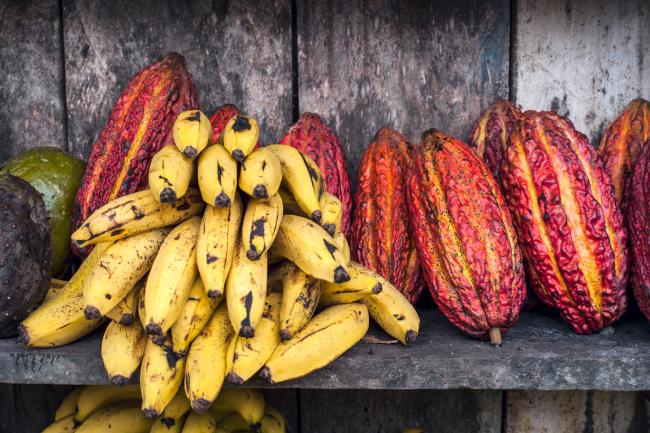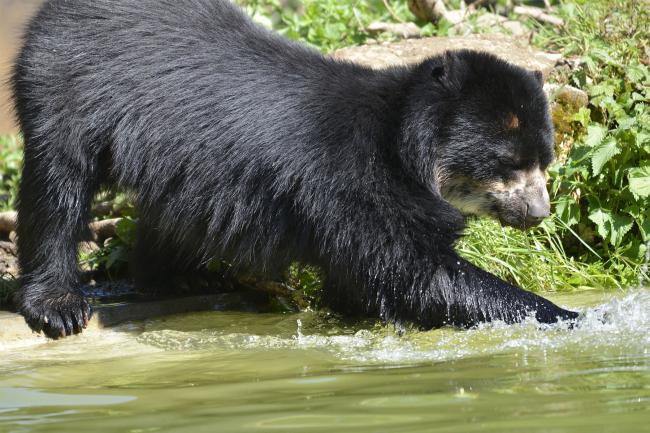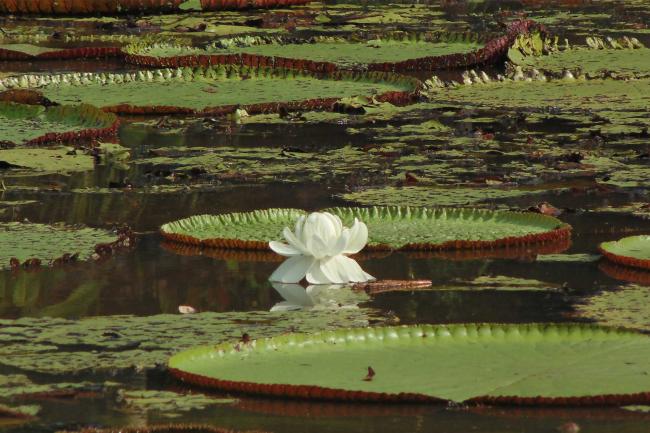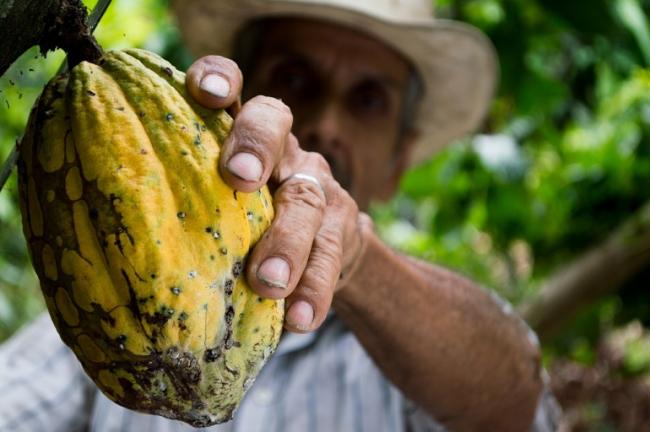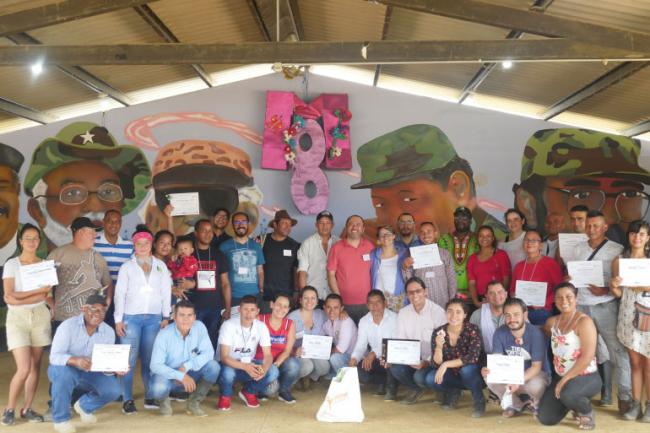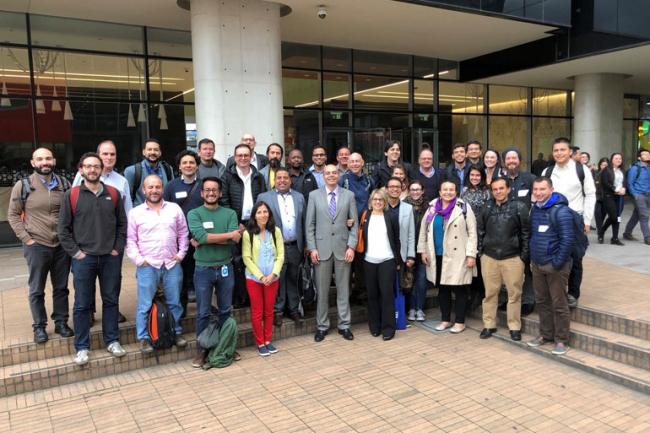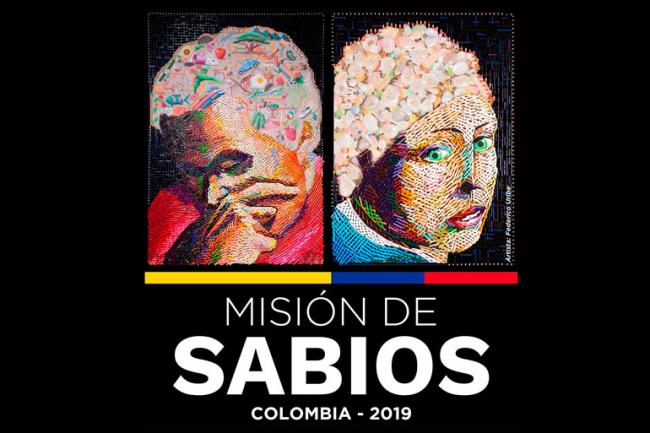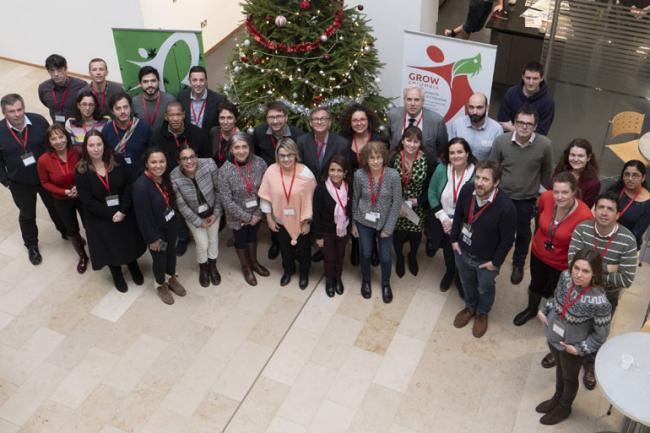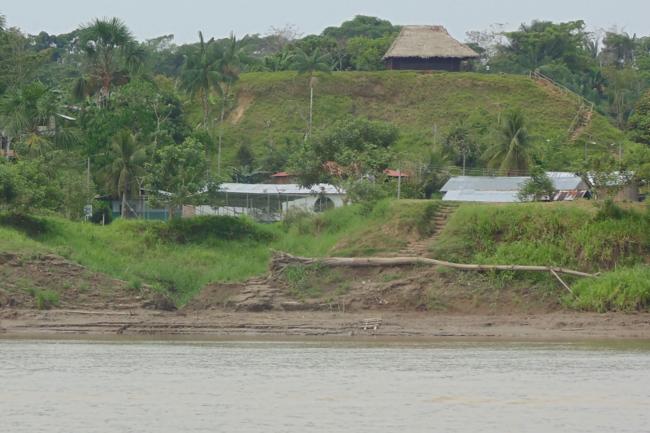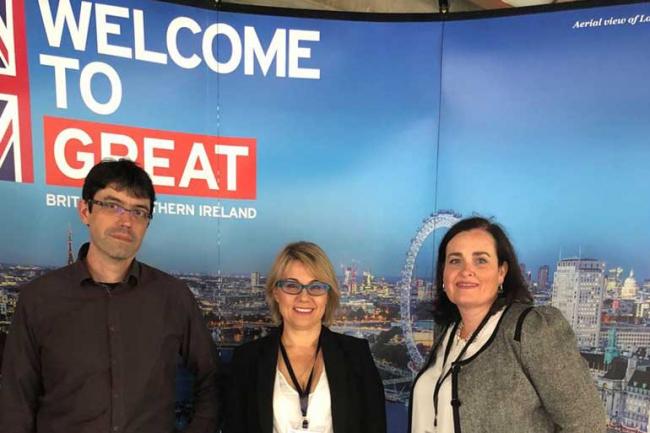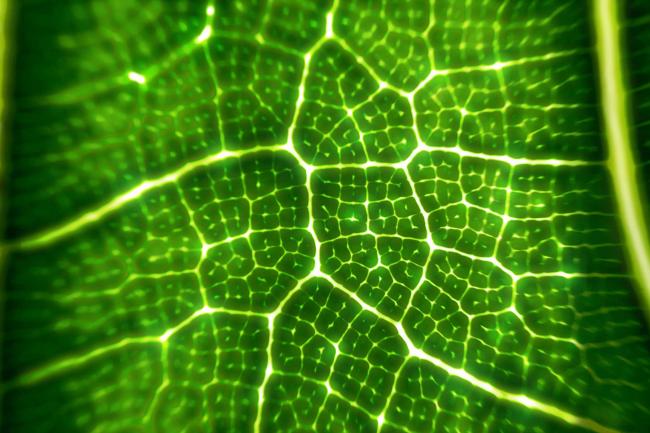
Dr Paddy Sudhakar from the Earlham Institute on Norwich Research Park explored the link between science and policy-making when he visited his local Norwich South constituency MP Clive Lewis at the Houses of Parliament and Whitehall for a week in Westminster. The week (1st – 5th March) is part of a unique pairing scheme run by the Royal Society—the UK’s national academy of science—with support from the Government Office of Science.
During his visit, Dr Sudhakar shadowed Clive Lewis and learned about life as a high-profile MP. As well as attending seminars and panel discussions about how evidence is used in policy making, Paddy also participated in a mock Select Committee.
The visit provided Dr Sudhakar, who works in close collaboration with KU Leuven, with a behind the scenes insight into how policy is formed and how his research can be used to make evidence-based decisions. It will also give parliamentarians the opportunity to investigate the science behind their decisions and improve their access to scientific evidence.
Dr Sudhakar said: “The Pairing Scheme was an eye-opener for me in policy making. Scientists tend to think policymaking is dependent on just valid and robust scientific evidence. In reality, policy making is influenced, in addition to evidence, by various other factors, such as delivery mechanisms, economics, political ideologies, and demography to name a few. It also provided me with a glimpse into various frameworks in the Parliamentary system which can facilitate the translation of evidence into policy. I would strongly recommend the Pairing programme to my colleagues.”
Sir Venki Ramakrishnan, President of the Royal Society, said, “It is crucial that we invest in the relationship between scientists and politicians, so that either profession can articulate and appreciate the pressures confronted by both. The Royal Society Pairing Scheme does just this, endowing scientists with a fascinating insight into parliament, and connecting policymakers with the best innovative thinking in the world, and in the process, enabling both to draw from and engage with the mutual expertise needed to address the challenges of our time.”
The Royal Society’s pairing scheme, which started in 2001, aims to build bridges between parliamentarians, civil servants and some of the best scientists in the UK.
MP Clive Lewis will get hands on experience of scientific research when he dons a lab coat to visit Paddy and other fellow scientists at the Earlham Institute later this year.
